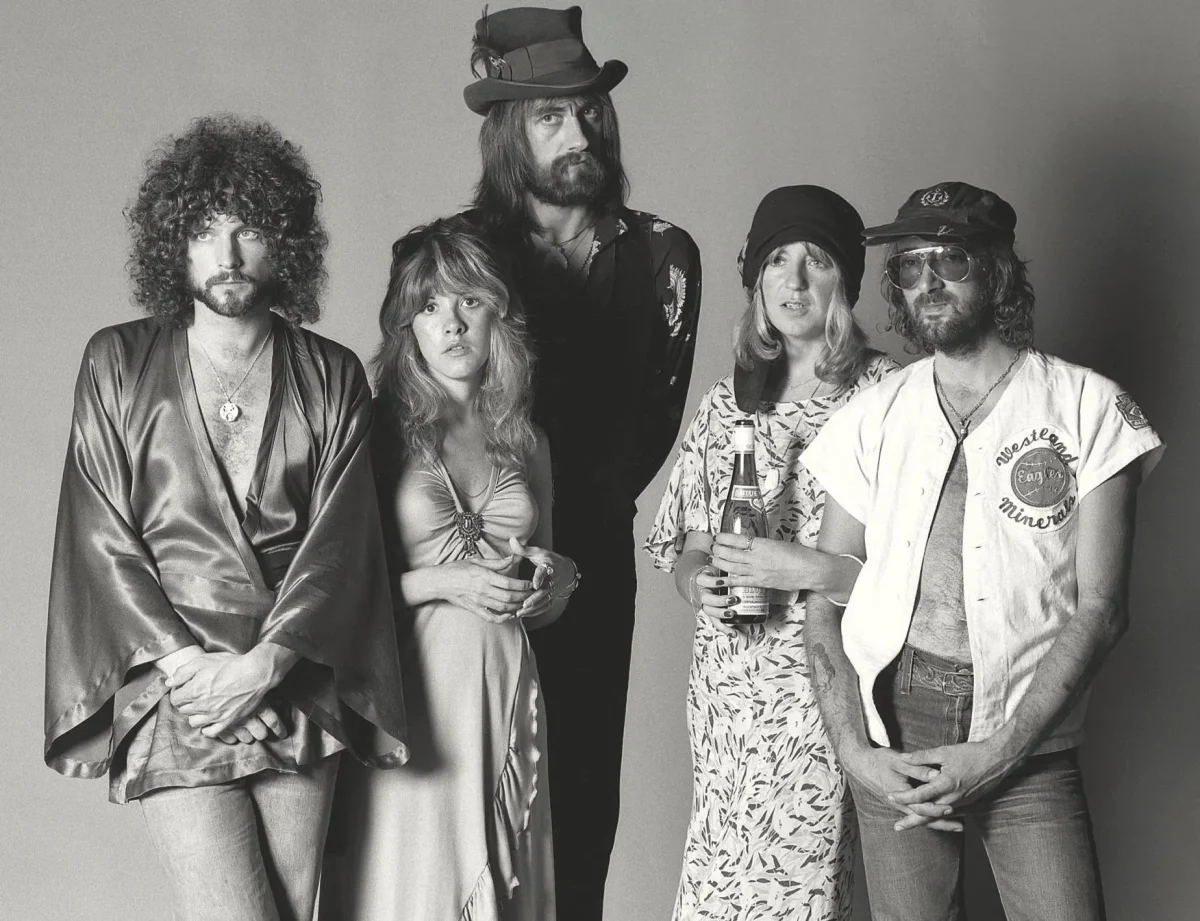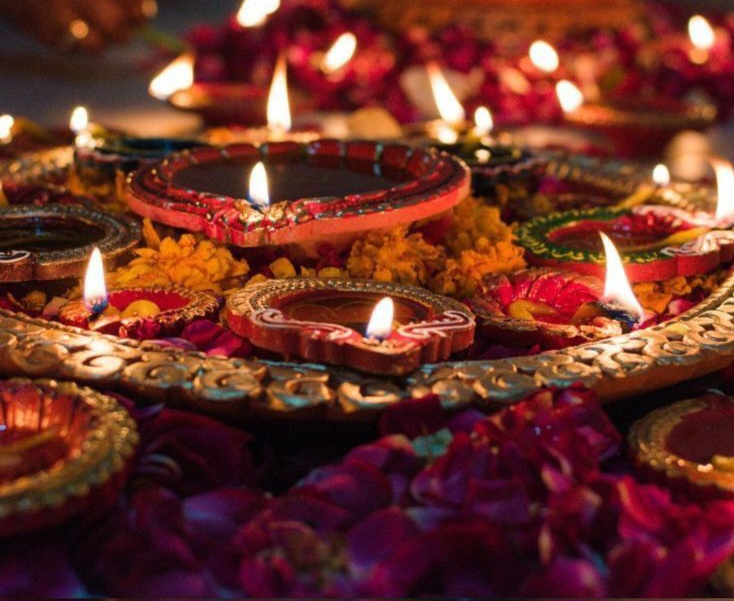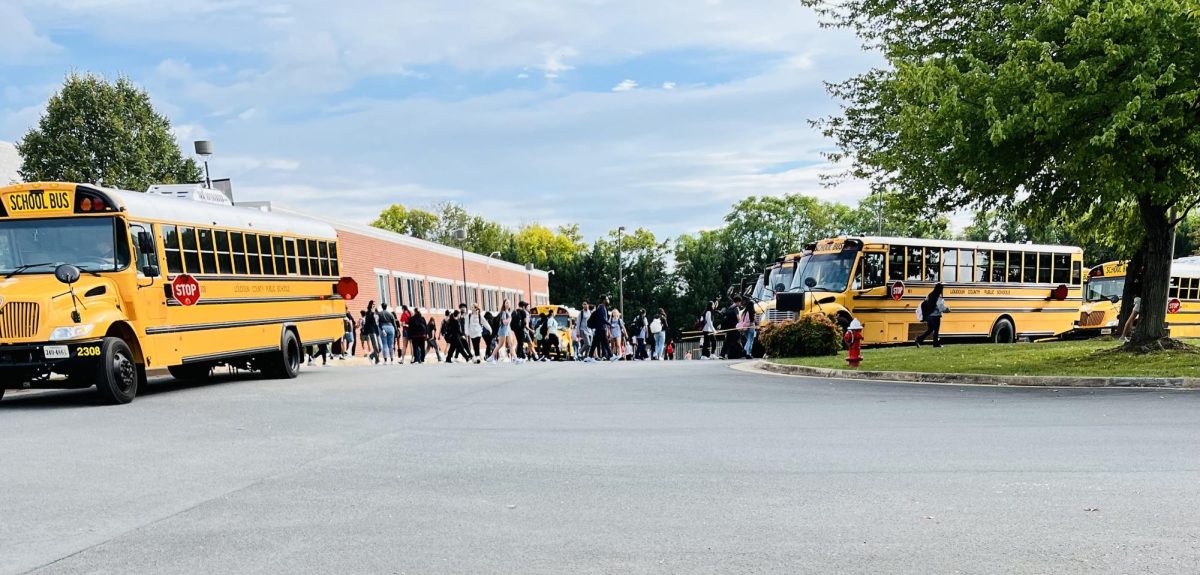Seniors at Heritage this year will be turning 18 and soon be eligible to vote; some may have even voted in this year’s presidential election. Why should students choose to head to the polls?
The United States has a unique system of government with a large emphasis on preserving citizens’ rights and liberties. It is a type of government called a republic, in which people elect representatives to rule and represent their beliefs through a system of voting. Because the United States is not a direct democracy (where people vote directly on policies), it is vital that individuals take advantage of this method of influencing policy making. This is the only way that our beliefs and values will be represented in our government, and voting is how we can make change: It is how we shape our nation to best serve the people and hold our government accountable.
Although the right to vote is now something that all U.S citizens are entitled to, it was not always this way. In the early years of our nation, only white, male citizens over the age of 21 could vote. It was not until the 15th amendment in 1870 that the right was extended to African American males. Women had to wait another half century before the 19th amendment was ratified, and women finally earned their suffrage. It was not until 1971 that the voting age was lowered from 21 to 18 since “if a person was old enough to serve their country in the military, they should be allowed to vote” (Why Voting Is Important). As a result of these monumental changes in history, the right to vote is available to all individuals despite their gender, race, religion, sexual orientation, disability, etc.
Additionally, while the right to vote plays a key role in our present system of government, it is a different story for other countries around the world. For instance, India passed the Citizenship Amendment Bill in 2019, which provided the opportunity of Indian citizenship for several different groups to include groups such as Hindus, Christians, and Sikhs; however, there was no mention of Muslims, India’s “largest minority group” (Liao). In the 2019 election, “nearly 120 million citizens were missing from voter lists in the 2019 national election, more than half of whom were Muslims or lower-caste Dalits” (Liao). Similarly, in Saudi Arabia, women were not granted the right to vote until 2015, 95 years after women earned this right in the United States. It is important that individuals exercise their rights, especially a right that many have fought for throughout history and around the world.
Furthermore, some may argue that a few votes out of the millions of votes cast in an election are meaningless and will not make a difference; on the other hand, instances in the past have proven that this belief wrong. For example, in the 2000 presidential election, Bush won against Al Gore by an impossibly small margin, so small in fact, that it led to a recount in the state of Florida and eventually a Supreme Court case. Bush had won by “0.009 percent of the votes cast in the state, or 537 votes” (Why Voting is Important). This demonstrates how even a couple hundred peoples’ decisions that day could have completely changed the results of the election.
Lastly, even if the prospect of voting is still not attainable for another few years for those in younger grades, there are still opportunities to participate and make a difference. Students have the ability to stay informed or, if they feel strongly enough about a particular candidate or policy, they can volunteer to work for a campaign. This could include “participating in phone banks, doing door-to-door outreach, writing postcards, or volunteering at campaign headquarters” (Why Voting is Important).
Ultimately, the choice to vote comes down to each individual; nonetheless, it is a right that all citizens should take advantage of, no matter their beliefs or who they support. It is an integral part of our democracy and even defines it, for democracy is a government where power is held by the people.
Sources Include:
Liao, Kristine. “What Voting Rights Look like in 6 Countries around the World.” Global Citizen, 21 Aug. 2020, www.globalcitizen.org/en/content/voting-rights-around-the-world/.
“Why Voting Is Important.” National Geographic, education.nationalgeographic.org/resource/why-voting-important/.















